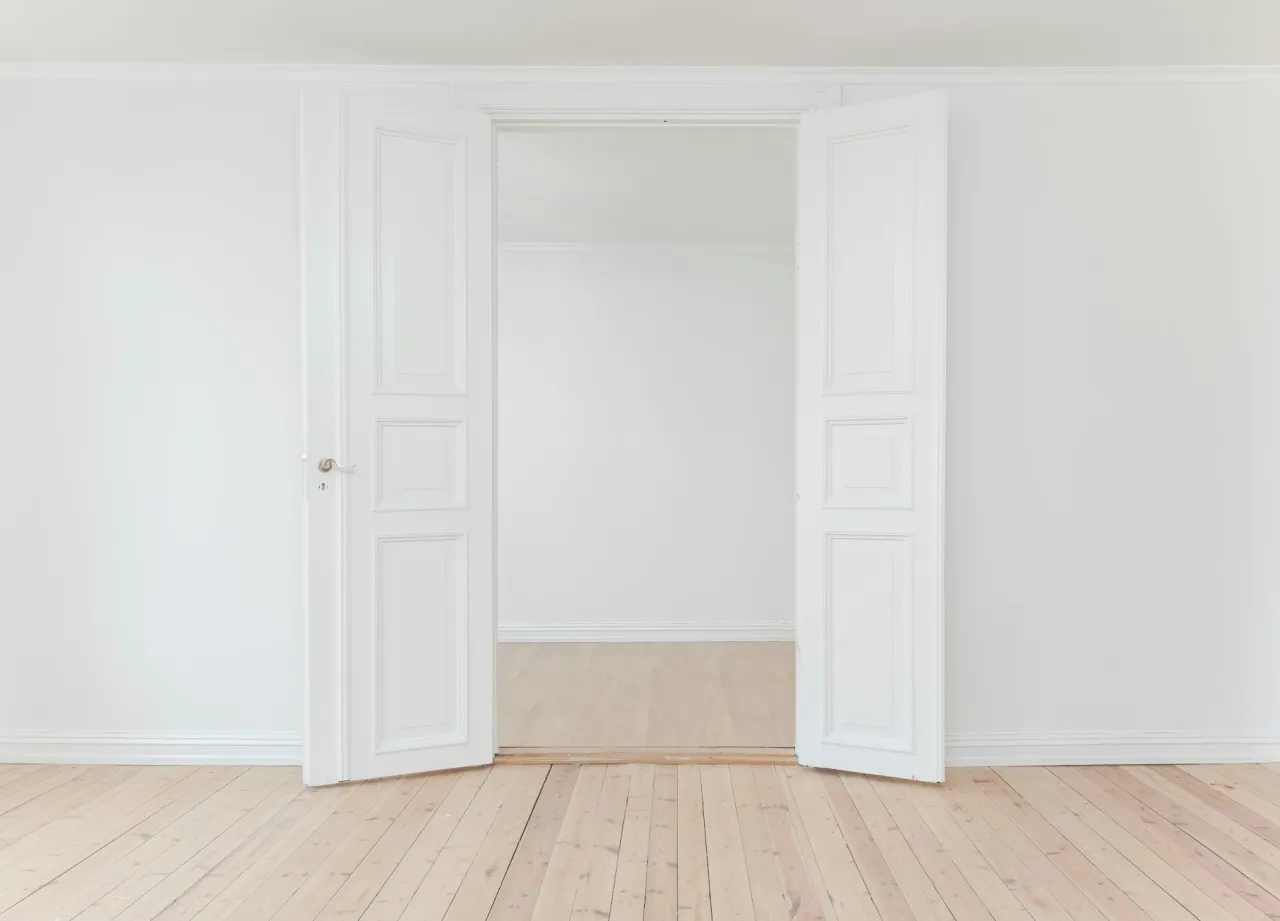Deciding whether to rent or buy a home is a significant decision that impacts your financial situation and lifestyle. This article explores the advantages and disadvantages of both options to help you make an informed choice tailored to your personal circumstances and long-term goals.
Introduction
The choice between renting and buying a home is one of the biggest financial decisions many will face. While owning a home is often seen as a key component of the American dream, renting can also offer a range of benefits, especially in certain life stages or economic conditions. Understanding the pros and cons of each option can guide you towards the best decision based on your current financial health, lifestyle preferences, and future goals.
Pros of Renting
Renting offers flexibility and freedom from the long-term commitment and financial responsibilities associated with homeownership. It's ideal for those who are mobile, value living in prime locations without the hefty price tag of buying, or are not ready to take on home maintenance tasks and repair costs. Renting also means predictable monthly expenses, with landlords typically responsible for maintenance and repairs.
Additionally, renting requires less upfront investment than buying a home, which involves a significant down payment, closing costs, and other fees. This can make it easier to save or invest in other opportunities with potentially higher returns.
Cons of Renting
Despite its flexibility, renting offers no equity growth or investment potential, as monthly rent payments do not contribute to building personal wealth. Renters are also subject to annual rent increases and the uncertainty of lease renewals, which can force relocation at the landlord's discretion. Furthermore, renting often comes with restrictions on personalizing the living space, limiting your ability to make the home truly yours.
Pros of Buying
Buying a home is a significant investment that comes with the potential for equity growth over time. Homeownership allows for personalization and changes to the property, enabling you to create your ideal living environment. Additionally, owning a home can offer tax benefits, such as deductions on mortgage interest and property taxes, which can reduce your taxable income.
Owning a home also provides a sense of stability and community, with the freedom to set down roots in a neighborhood. Fixed-rate mortgages offer predictable monthly payments, unlike rent, which can increase over time. This financial predictability, combined with the potential for property appreciation, makes buying a home an attractive long-term investment for many.
Cons of Buying
The financial responsibilities of homeownership are significant, including mortgage payments, property taxes, insurance, and maintenance costs. Unlike renters, homeowners are solely responsible for repairs and upkeep, which can be unpredictable and costly. The initial costs of buying a home, such as the down payment, closing costs, and moving expenses, also require a substantial financial outlay.
Furthermore, homeownership lacks the flexibility of renting, as selling a home can be a lengthy and uncertain process, potentially making it challenging to relocate quickly for job opportunities or personal reasons. The financial risks associated with property value fluctuations can also impact homeowners, particularly in volatile real estate markets.
Conclusion
The decision to rent or buy is deeply personal and depends on your financial situation, lifestyle, and long-term goals. Weighing the pros and cons of each option carefully can help you make a choice that aligns with your needs and aspirations, ensuring you find the right path to a home that suits you.
